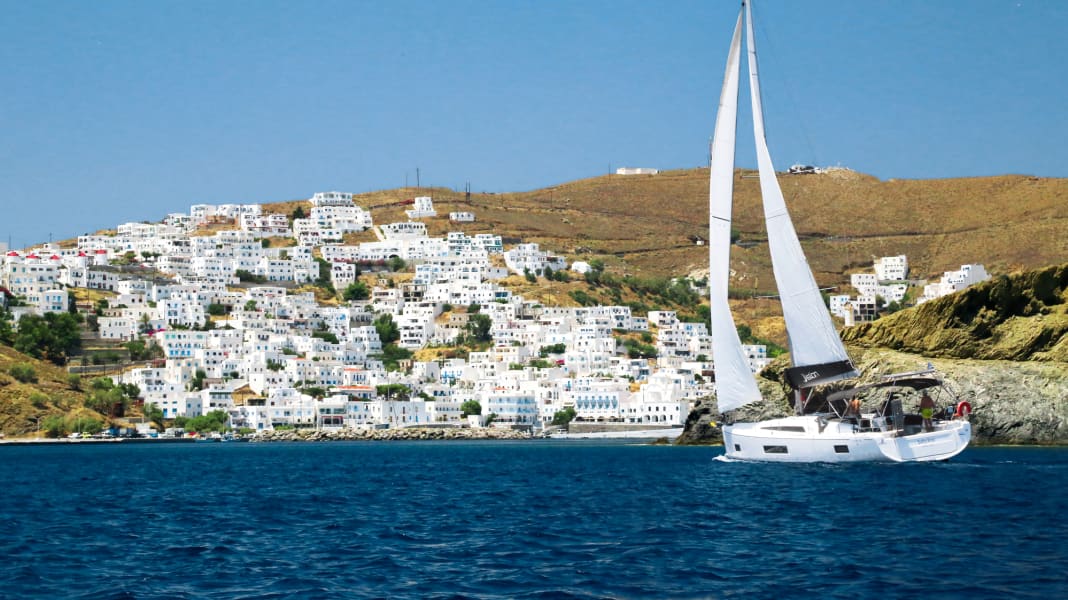
For many years now, charter companies have been integrating additional costs such as final cleaning, bed linen, towels, outboard motors and more into flat rates. These are often called starter or charter packages or something similar. It is not uncommon for them to cost the customer 300 to 500 euros in addition to the hire price for the boat. As if that wasn't enough, there are often additional costs for the area, such as visitor's tax, navigation licence, national park fees or extras that the crew may want, from blister packs to SUP boards. All of this can add up to a considerable sum.
Deposits are also increasing for charter yachts
As deposits have also been rising for a long time - especially for catamarans in the Mediterranean and the Caribbean, they can easily be around 4,000 to 6,000 euros - more and more crews are starting to insure their deposits. This can be done via insurance intermediaries and brokers such as Pantaenius or Yacht Pool. However, numerous fleet operators also offer their own deposit insurance models, as this is another way of earning money. The advantage: there is no need for tiresome discussions about damage on return, as the customer does not have to worry about losing several thousand euros and this also makes life easier for the base crew.
For some years now, however, large companies such as Dream Yachts, Navigare, Aethenian and a few others have been integrating the security deposit compensation - as the fleet operators' model is usually called - into the charter package on a mandatory basis. Sometimes only for certain areas, sometimes everywhere. This means that the customer can no longer choose whether to pay the deposit and, if so, through which provider. Particularly in areas with higher deposit rates, such as the Caribbean, Italy and in some cases Greece, this can be quite expensive for a two-week cruise. The service charge is then no longer 500 euros, but sometimes over 1,000 euros.
Always be attentive when chartering
In this respect, it is important to keep a watchful eye on the additional costs when comparing charter offers. If in doubt, an alternative offer that gives the customer the option of a freely selectable security deposit insurance is significantly cheaper. The price differences between the fleet operator model and the insurance broker are sometimes considerable.
Note before discarding
When checking in a charter yacht, the base staff are often under time pressure. They want to complete the procedure quickly, smoothly and effectively. Nevertheless, every crew should understand as much as possible so that there are no constant questions later on or something is damaged due to incorrect operation. On the other hand, the customer wants to cast off promptly and enjoy their precious holiday time. Added to this is the fatigue from the journey and the barrage of technical details during the briefing on board.
This is how the quick, rushed handovers come about, which are often the start of a botched holiday trip. It is only during the voyage that the crew realises that equipment is faulty or defective, that damage has not been noticed or that important points have been forgotten to be clarified. As a result, avoidable costs can quickly mount up. To prevent this from happening, a handover report should be completed.
- Here you will find an article with checklists for the handover
